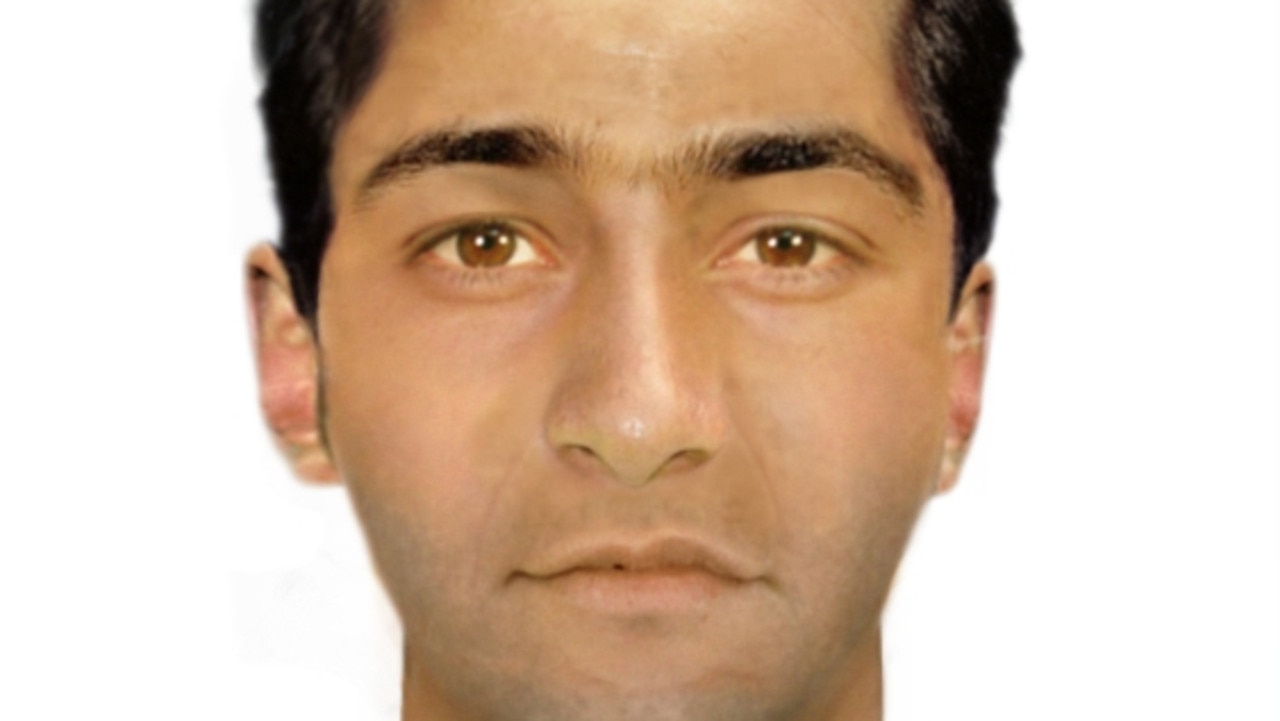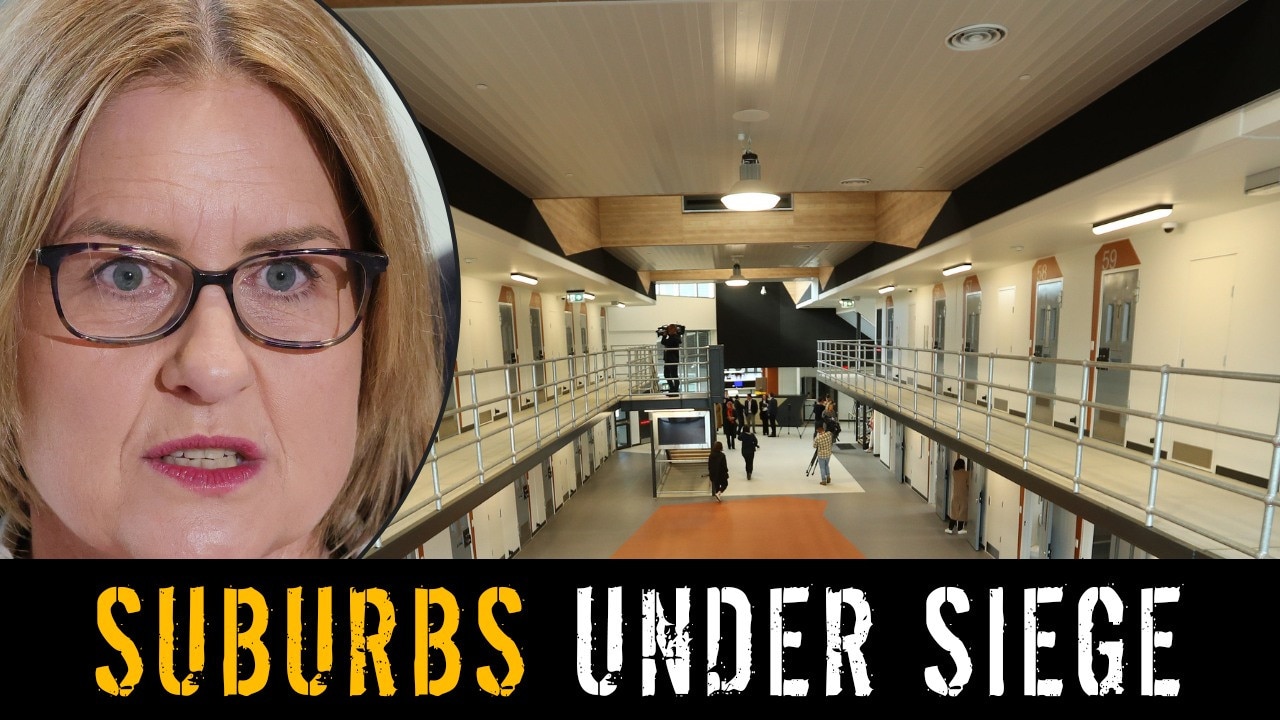Victorians abused in state care brand new redress scheme a ‘slap in the face’
Survivors of abuse in Victorian state care have slammed Jacinta Allan’s new redress scheme, knocking it as a ‘slap in the face’.
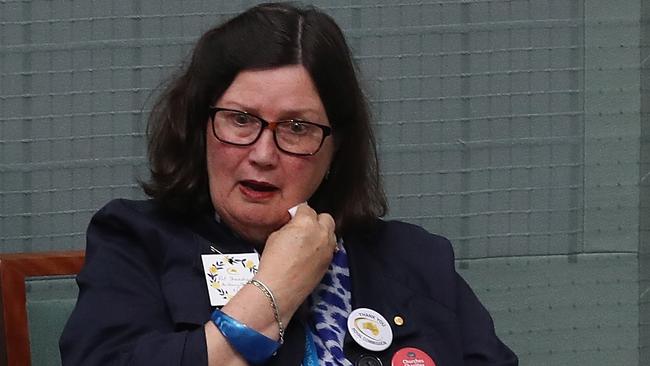
Victoria
Don't miss out on the headlines from Victoria. Followed categories will be added to My News.
Victorians abused in state care have accused Jacinta Allan of being all talk and no action amid growing anger over a new redress scheme for survivors.
Under the scheme, people impacted by physical, psychological or emotional abuse or neglect as a child living in state care before 1990 will be eligible for payments of up to $20,000, counselling and an apology.
But Care Leavers Australasia Network chief Leonie Sheedy said the scheme was a slap in the face to survivors when compared to similar schemes.
Up to $100,000 is on offer for victims of the stolen generation, and $30,000 to those impacted by the forced adoptions scheme.
A proposal is also being considered to pay landowners with properties near new transmission lines and towers up to $40,000 in compensation for spoilt views.
More than 90,000 children were placed in state care across the state between 1928 and 1990, many who were tortured by their carers.
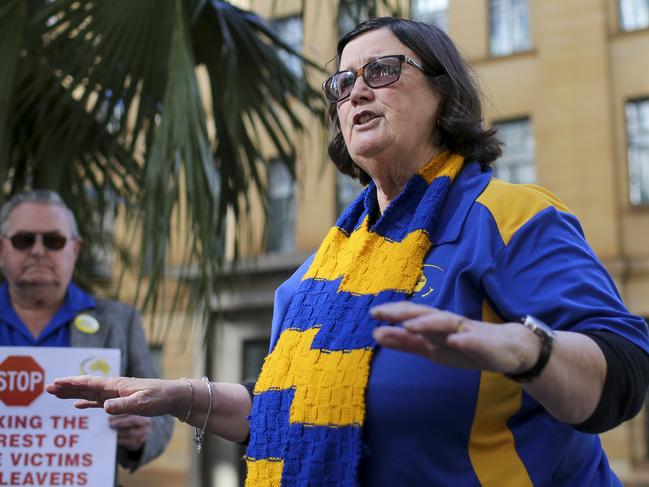
Ms Sheedy said the government had reneged on a promise to involved CLAN in meaningful consultation ahead of the announcement of the redress scheme.
And she said multiple letters seeking an urgent meeting with Ms Allan had been ignored.
More than a dozen survivors associated with CLAN protested at Parliament House on Tuesday in an attempt to have their concerns heard by the Premier.
“We at CLAN, consider the recommended redress payment to be inadequate in recognising the abuse and trauma that Care Leavers have been through,” Ms Sheedy wrote to the Premier last week.
“In particular, the length of time a care leaver was institutionalised, and whether care leavers who have already received a payment from any other redress schemes, or received any prior payments from a civil claim, will be eligible.
“The Victorian Government is currently responsible for five redress schemes, and it is obvious that care leavers are to receive the lowest allocated payments of the five.
“Does this mean that we, care leavers, the government’s children are worth less than other scheme-victims, and that said victims of other schemes are worth more?”
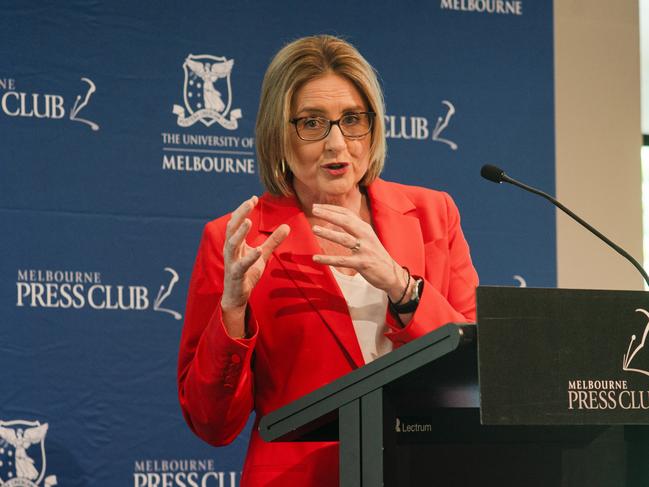
In February Ms Allan made a historic formal apology to survivors on behalf of the government.
“We failed you,” she said.
“Brutal punishments were handed out for imagined misbehaviour.
“Children who wet the bed … were singled out and made to wear their wet sheets or worse.
“The intention was nothing less than humiliation, a deliberate attempt to rob a child of their dignity and self-esteem.
“Children were also physically abused, locked in dark and airless cupboards and denied food or given what was rotten.
“A list of everyday objects that were weaponised against children is a list so long and so awful I cannot imagine reading it out loud.
“But if you can imagine it, it probably happened.”
Ms Sheedy said the unprecedented apology wasn’t backed up by meaningful action.
“Some survivors have called it a sham,” she said.
Australian Catholic University’s Institute of Child Protection Studies Director, Professor Daryl Higgins, said meaningful reparations were just as important for survivors as the government’s apology.
“Discounting the enduring trauma experienced by the thousands of Victorian children entrusted into the Government’s care by providing payments below those offered by comparable schemes just adds further pain,” he said.
“Money won’t ever make up for the abuse and neglect these vulnerable members of our community experienced at the hands of those who should have cared for them, but financial reparations are a way to acknowledge the wrongs and make amends, and for that to be meaningful, it needs to be significant and on par with other redress schemes. There should not be such disparity within redress schemes designed to recognise and compensate in some way for the harm experienced by our most vulnerable,” he said.



